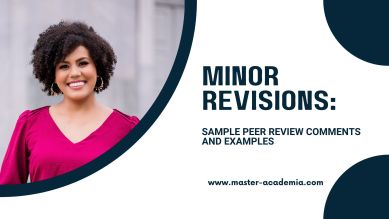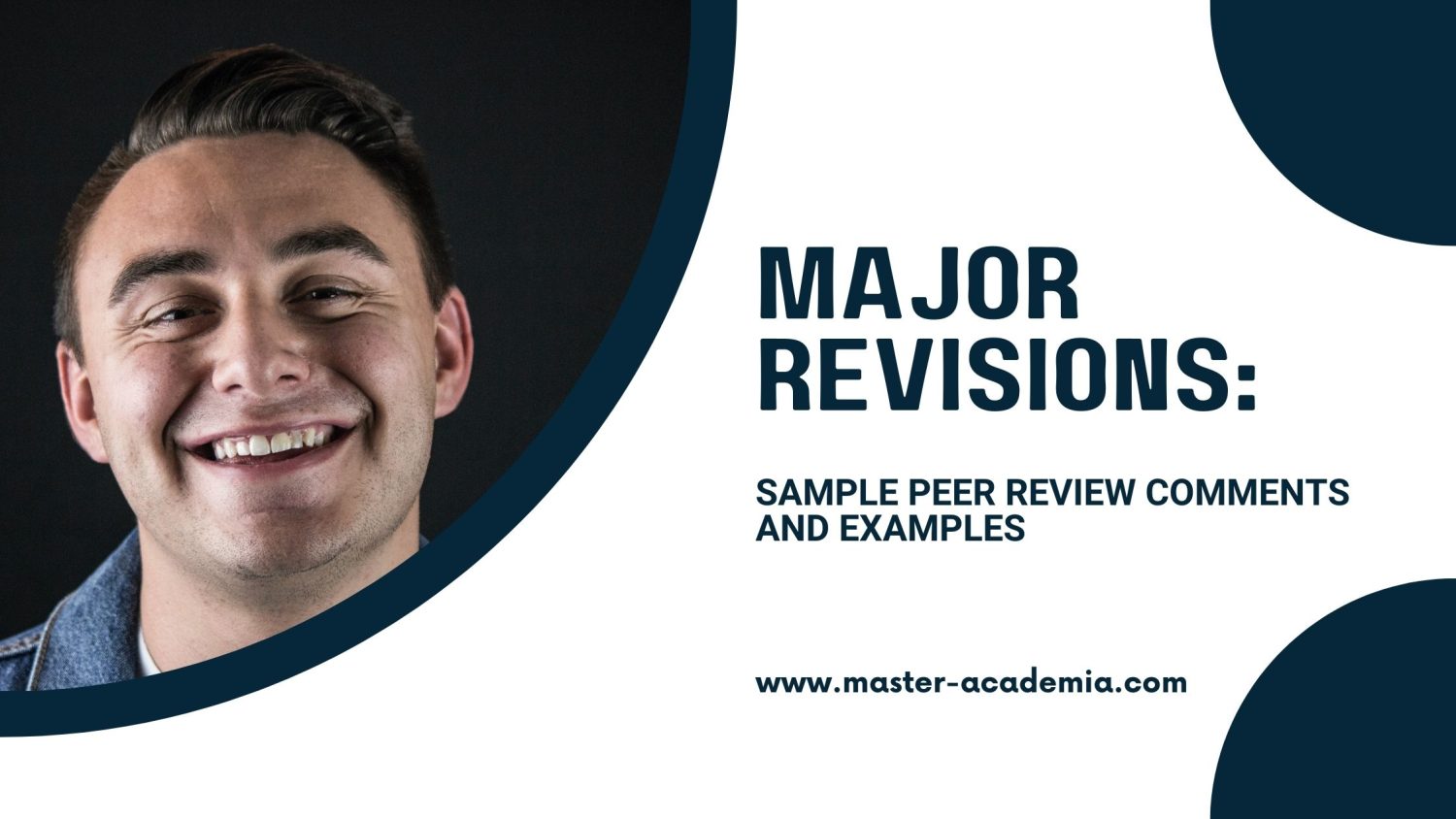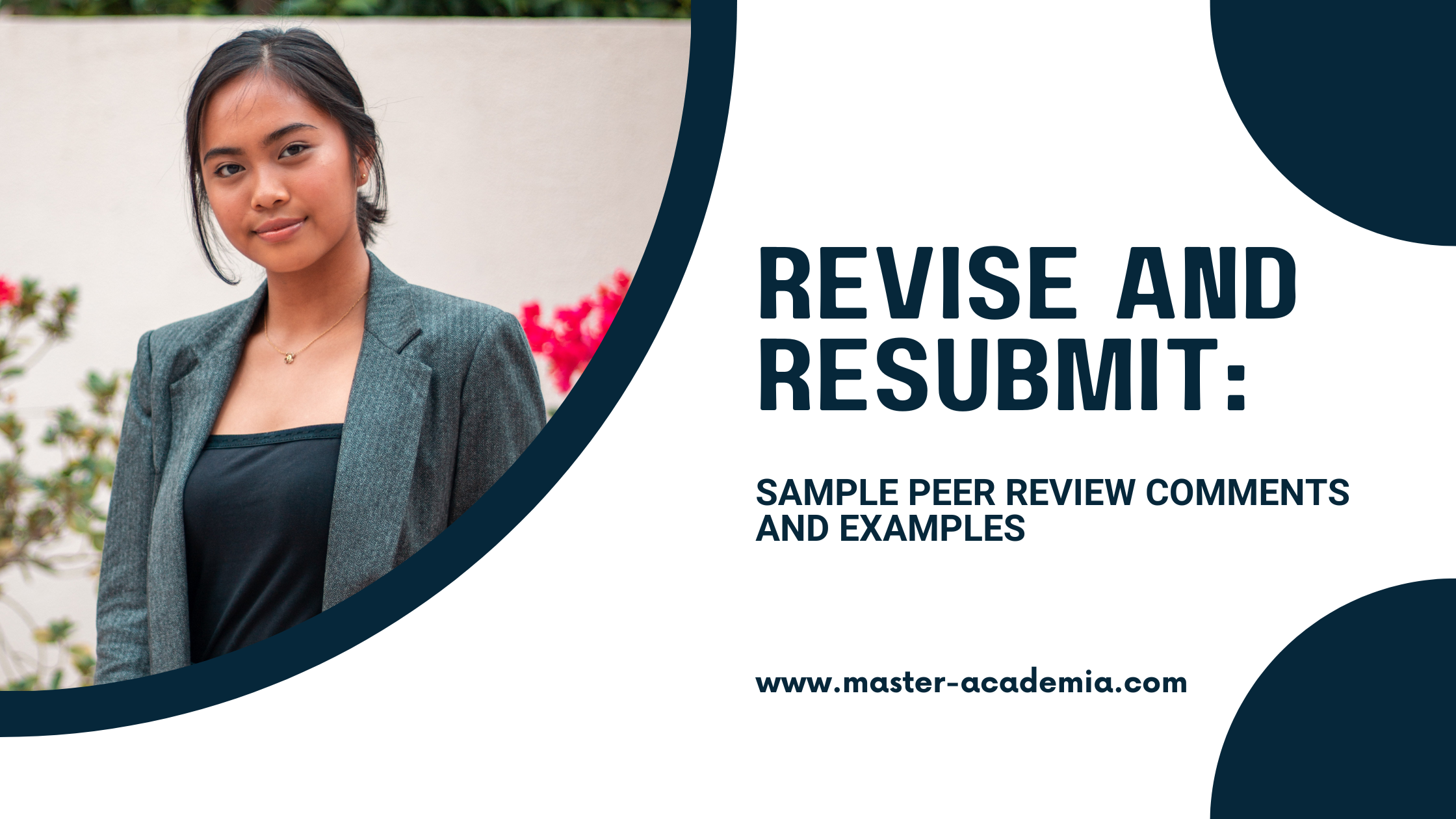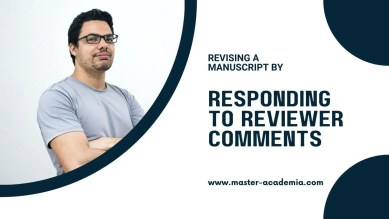peer review
-
Career Advice

Journal editors: What they do, and how to become one
Becoming a journal editor is a goal for many academics and involves overseeing the publication process, organizing peer reviews, and shaping a journal’s thematic direction. Although it’s not typically a full-time job, it can bring significant benefits such as boosting…
Read More » -
Networking Hacks

5 proven ways to become an academic peer reviewer
Peer reviewing academic work comes with many benefits, including staying up-to-date on the latest research, adding to your academic CV, and developing critical thinking skills. There are several ways to become a peer reviewer, including publishing your own research, networking,…
Read More » -
Academic Skills

Reviewer comments: examples for common peer review decisions
Peer-reviewing an academic manuscript is not an easy task. Especially if you are unsure about how to formulate your feedback. Examples of reviewer comments can help! Here you can find an overview of sample comments and examples for the most…
Read More » -
Academic Skills

Minor revisions: Sample peer review comments and examples
‘Minor revisions’ means that a manuscript only has to undergo small changes and improvements before it can be published in an academic journal. If you review a manuscript and struggle to formulate your feedback to reflect a ‘minor revisions’ verdict,…
Read More » -
Academic Skills

Major revisions: Sample peer review comments and examples
‘Major revisions’ is one of the most common peer review decisions. It means that the peer reviewer considers a manuscript suitable for publication if the authors rectify some major shortcomings. As a peer reviewer, it is useful to learn about…
Read More » -
Academic Skills

Revise and resubmit: Sample peer review comments and examples
A ‘revise and resubmit’ decision means that a manuscript has potential but cannot be considered for publication in its current form. Learn more about the reasons for a ‘revise and resubmit’ decision, and have a look at sample peer review…
Read More » -
Academic Skills

Reject decisions: Sample peer review comments and examples
A ‘reject’ verdict means that a manuscript is not considered suitable to be published in an academic journal. Out of all editorial decisions, a ‘reject decision’ on a manuscript is the harshest. Therefore, it is important to reject a manuscript…
Read More » -
Academic Skills

Types of editorial decisions after peer review (+ how to react)
After submitting their manuscripts to academic journals, authors receive one of several editorial decisions: ‘desk reject’, ‘revise and resubmit’, ‘major revisions’, ‘minor revisions’, or ‘paper accepted.’ Learn what these editorial decisions precisely mean, and how to react. Contents The meaning…
Read More » -
Academic Skills

How to disagree with reviewers (with examples!)
It may come as a surprise, but you can disagree with reviewers. Sometimes it is not attainable or sensible to incorporate all reviewer comments in the revisions of your manuscript. In these situations, you have to politely but firmly disagree…
Read More » -
Academic Skills

How to revise a manuscript by responding to reviewer comments
Publishing scientific articles in academic journals is a lengthy process. Even when manuscripts are accepted, most have to undergo major or minor revisions before being published. This guide explains how to best revise your manuscript and respond to reviewer comments.…
Read More »